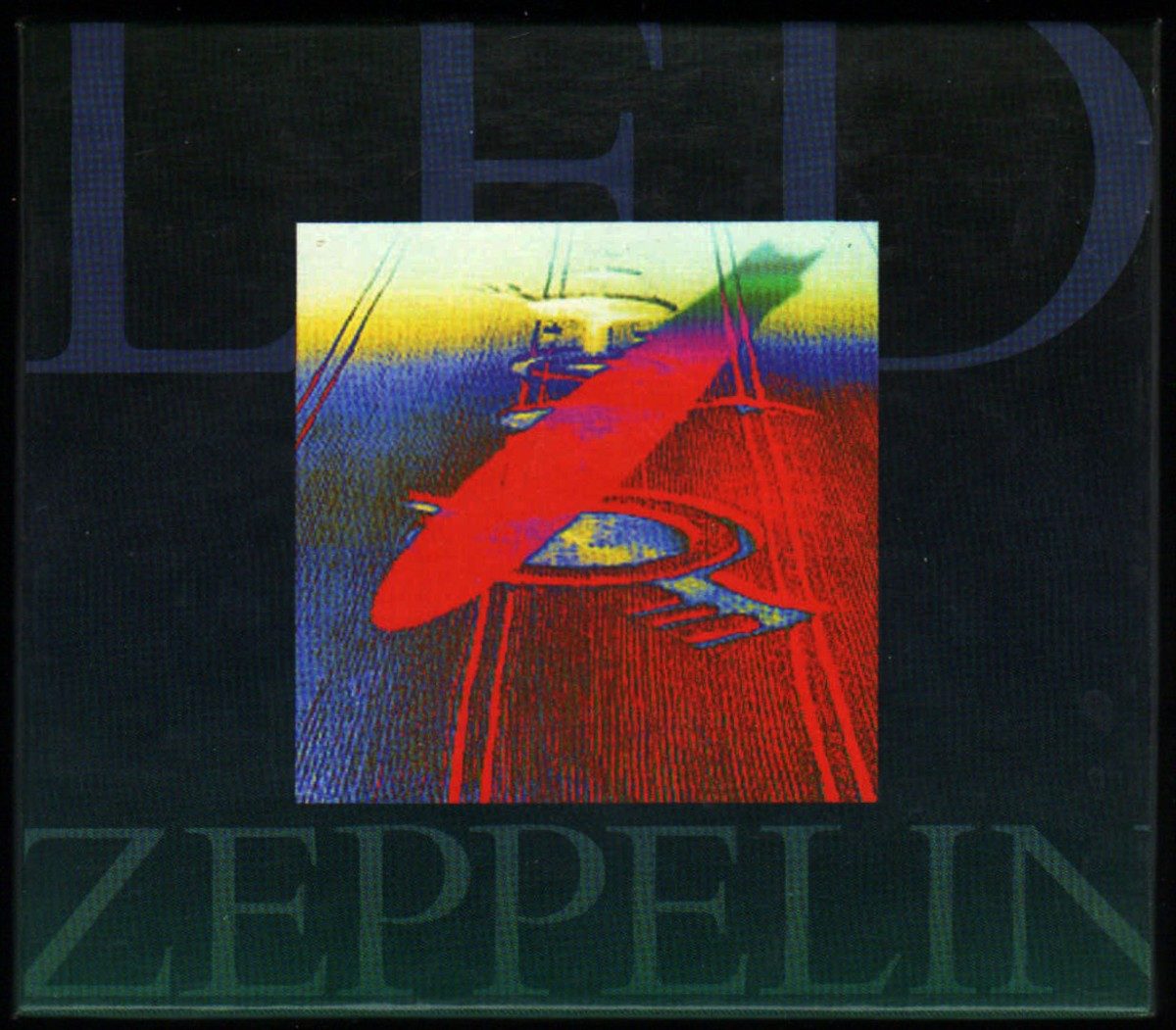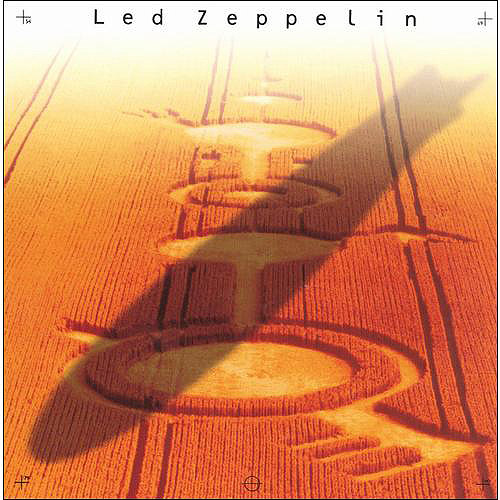

"Going to California" is the group's best folk song, and the rockers are endlessly inventive, whether it's the complex, multi-layered "Black Dog," the pounding hippie satire "Misty Mountain Hop," or the funky riffs of "Four Sticks." But the closer, "When the Levee Breaks," is the one song truly equal to "Stairway," helping give IV the feeling of an epic.

Which, of course, isn't discounting the rest of the album.

#4 DISK LED ZEPPELINBEST OF TORRENT#
Building from a simple fingerpicked acoustic guitar to a storming torrent of guitar riffs and solos, it encapsulates the entire album in one song. Plant's mysticism comes to a head on the eerie folk ballad "The Battle of Evermore," a mandolin-driven song with haunting vocals from Sandy Denny, and on the epic "Stairway to Heaven." Of all of Zeppelin's songs, "Stairway to Heaven" is the most famous, and not unjustly. My preffered mastering for the Led Zeppelin records are as follows: Led Zeppelin I - 32XD-520. Even at its most basic - the muscular, traditionalist "Rock and Roll" - the album has a grand sense of drama, which is only deepened by Robert Plant's burgeoning obsession with mythology, religion, and the occult. Expanding on the breakthroughs of III, Zeppelin fuse their majestic hard rock with a mystical, rural English folk that gives the record an epic scope. Encompassing heavy metal, folk, pure rock & roll, and blues, Led Zeppelin's untitled fourth album is a monolithic record, defining not only Led Zeppelin but the sound and style of '70s hard rock. (Led Zeppelin IV, 1971) Led Zeppelin’s music has the power to evoke wonder at the mercilessness of nature, and never more so than on When The Levee Breaks. Of all their records, Led Zeppelin’s fourth album, released in late 1971, remains their most admired work.


 0 kommentar(er)
0 kommentar(er)
